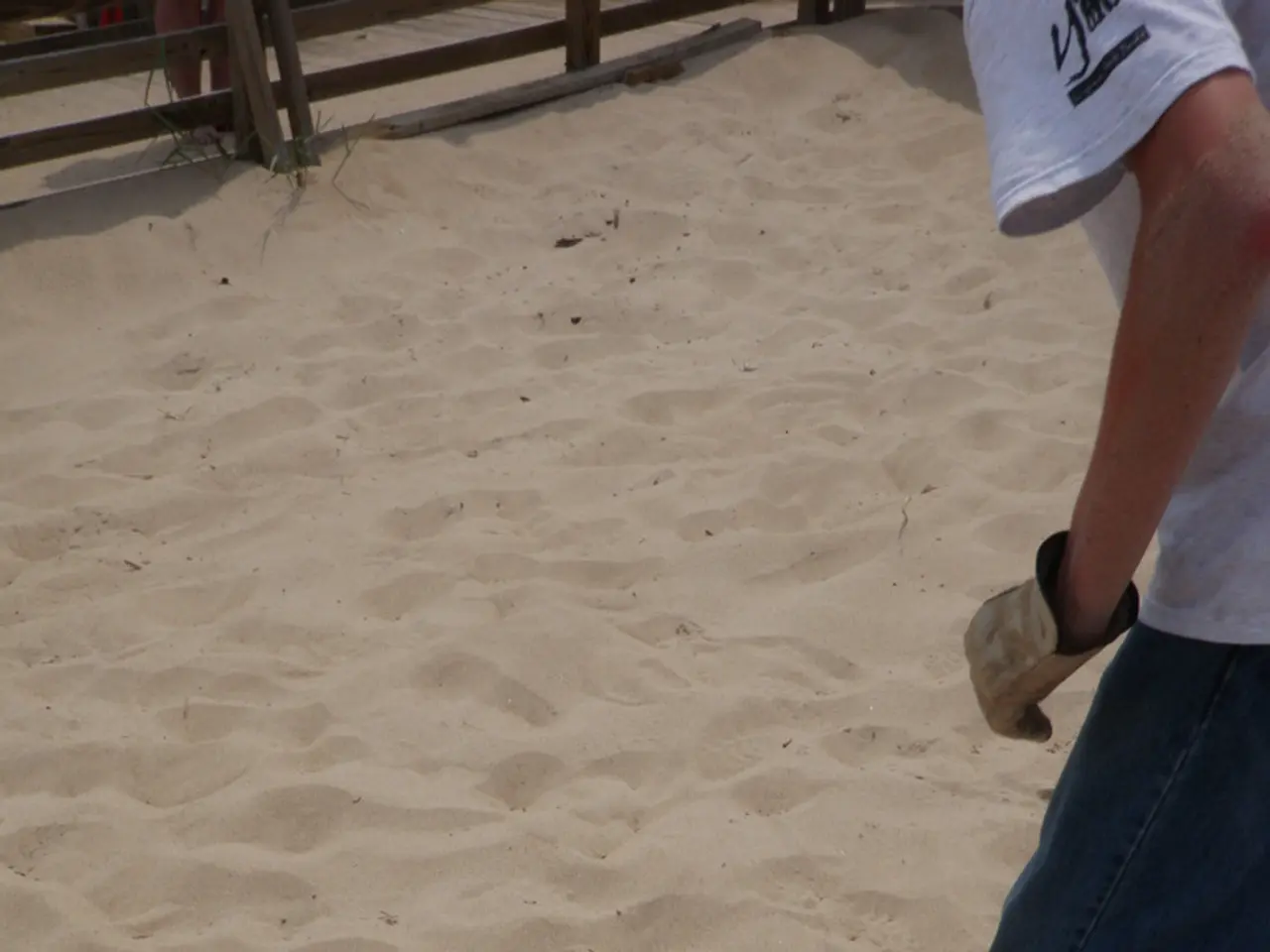Benadryl Uses for Eczema: Effectiveness, Potential Adverse Reactions, and Relevant Details
Benadryl, a well-known antihistamine, is commonly used to relieve itching and reduce the urge to scratch, particularly at night due to its sedative properties. However, it's essential to understand that Benadryl is not a long-term solution for eczema management.
Benadryl comes in various forms, including oral tablets, capsules, chewable tablets, and liquid solutions, as well as topical creams, gels, sprays, and sticks. While it can provide temporary relief from eczema itching, especially for improving sleep, it does not treat the underlying inflammation or skin barrier dysfunction associated with eczema.
Doctors often recommend Benadryl for intense eczema itching that keeps a child awake most nights, but it's crucial to remember that this is a short-term solution. Long-term eczema management requires a combination of approaches, tailored by a healthcare provider, to address the root causes of inflammation and skin barrier dysfunction.
Long-term treatments for eczema include topical corticosteroids and calcineurin inhibitors, biologic therapies, phototherapy, systemic immunosuppressants, and consistent skin care routines with moisturizers. Alternative remedies often recommended are oatmeal baths and avoiding irritants like hot water and fragranced soaps, alongside lifestyle adjustments such as adequate rest and limiting caffeine and alcohol intake.
Topical or oral diphenhydramine, the active ingredient in Benadryl, is not recommended due to the risk of systemic toxicities, particularly in children, which can lead to hallucinations and delirium. It's also important to note that there is limited evidence to support the benefits of topical antihistamines for treating eczema.
Common side effects of Benadryl, beyond drowsiness and sleepiness, include dry mouth, dizziness, and difficulty concentrating. Topical diphenhydramine may worsen a rash and make a person's skin sensitive to sunlight.
For parents or caregivers, it's essential to consult a doctor to learn more about long-term treatment options and ways to reduce nighttime itching in children. Other possible treatments for eczema include over-the-counter (OTC) moisturizers, OTC or prescription steroid creams, prescription oral or topical corticosteroids, prescription topical calcineurin inhibitors, prescription systemic medications and biologics, prescription oral or topical antibiotics, phototherapy, and avoiding known triggers.
In summary, while Benadryl can help temporarily relieve itching, especially to improve sleep, it is less effective as a standalone long-term treatment compared to prescription topical medications, biologics, and other therapies that address the root causes of eczema inflammation and skin barrier dysfunction. Long-term management typically requires a combination of approaches tailored by a healthcare provider.
- Established treatments for eczema include topical corticosteroids and calcineurin inhibitors, biologic therapies, phototherapy, and systemic immunosuppressants.
- Although Benadryl, an antihistamine, can be used to relieve itching, it is not a long-term solution for managing eczema.
- Skin care routines with moisturizers are essential components of long-term eczema management.
- Treaters may recommend Benadryl for intense eczema itching that prevents sleep in children, but it's a short-term solution.
- Scientists are still investigating the benefits of topical antihistamines for treating eczema, and the evidence is currently limited.
- Potential side effects of Benadryl, beyond drowsiness, include dry mouth, dizziness, and difficulty concentrating.
- Therapies and treatments for eczema range from over-the-counter moisturizers to prescription oral or topical medications, biologics, and phototherapy.
- Long-term treatments for eczema are tailored to each individual, taking into account their mental health, health-and-wellness, and skin-care needs.
- CBD is often recommended as an alternative remedy for managing eczema, though more research is required to validate its effectiveness.
- Hives and infantile eczema are common skin conditions that may require medical attention for proper treatment.
- Adequate rest, limiting caffeine and alcohol intake, and avoiding known triggers can help reduce eczema symptoms and improve overall health.




